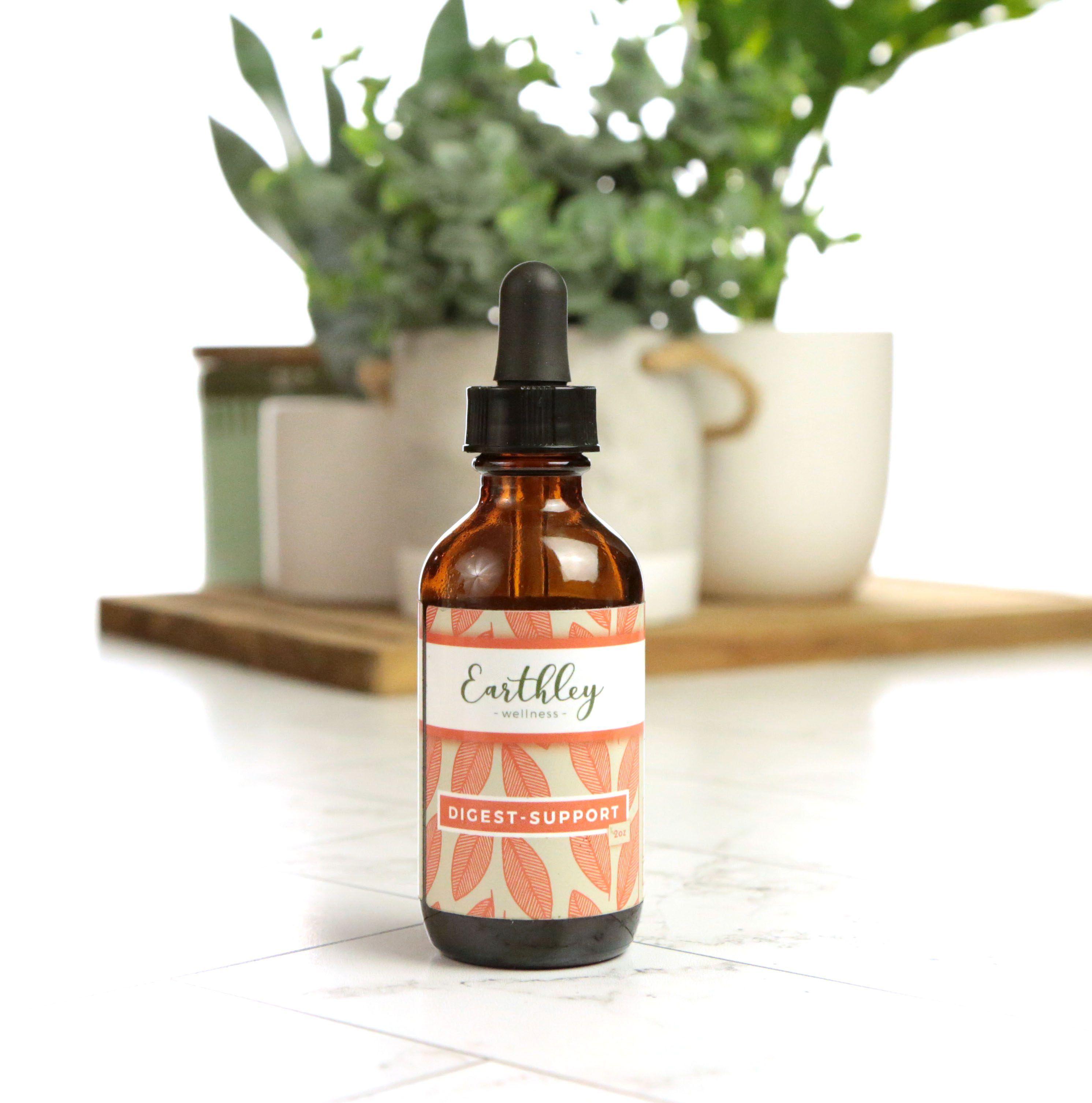What You Need to Know About Gut Health

Understanding natural gut health is like discovering the ultimate wellness hack! Our gut isn’t just there to digest food; it’s actually the command center for so much more, from immune support to mood and energy levels. When our gut is healthy, it’s like having a well-oiled machine, but if it’s off-balance, we can start seeing issues everywhere: low energy, brain fog, poor digestion, and even weakened immunity. By taking a closer look at what we eat and how we live, we get the chance to support this powerhouse system naturally, letting it do what it does best—keep us healthy and energized!
Lifestyle and diet have a huge impact on gut health, and the best part is, even small changes can make a big difference! By learning about gut-friendly foods, reducing stress, and being mindful of lifestyle choices, we’re able to build the foundation for a happy, healthy gut. This isn't about restrictions or complicated rules—it’s all about understanding what helps our bodies thrive and making choices that work for us. Taking steps to support gut health isn’t just an investment in digestion, it’s a commitment to feeling good overall!
Understanding Gut Health
We’ve all heard of gut health, followed by terms like “leaky gut” and “elimination diet,” but we often don’t understand their importance. Gut health is the foundation of health. We have the gut-brain connection, which directly influences your mental health, associating anxiety with stomach problems and vice versa (1). Then you have overall gut health, or the “gut microbiome,” with about 200 different species of microorganisms like bacteria, viruses, and fungi living in your gut (2).
Gut health is an important topic because poor gut health is linked to several health concerns, including:
- Autism (3)
- Autoimmune diseases (4)
- Behavioral and mental health disorders (5)
- Cancer (6)
- Cardiovascular disease (7)
- Diabetes (8)
- Eczema (9)
- Endocrine disorders (10)
- Food allergies (11)
- Gastrointestinal disorders (12)
- Obesity (13)
That’s basically everything out there, so yes — gut health matters.
Probiotics in the Gut Realm
Contrarily, when beneficial probiotic bacterial strains are consumed, the health benefits are endless. For instance, having a large variety of bacteria in the gut may help reduce the risk of conditions like diabetes, inflammatory bowel disease, and psoriatic arthritis (14).
Let’s discuss several strains and their benefits:
- Bifidobacterium breve or B. breve is common in the gut flora of infants. This strain is important because this can influence brain development (15). One study showed that early supplementation of B. breve helped colonize the gut up to two weeks sooner when given at 12 hours compared to 24 hours old (16). Another study found B. breve eliminated necrotizing enterocolitis in low-birth-weight babies (17).
- Bifidobacterium infantis or B. infantis is appropriate for nearly everyone, especially infants (especially if not breastfed) and those who suffer from inflammatory conditions. One study indicates B. infantis can slow inflammatory responses throughout the body (18). Another study indicates B. infantis positively impacts IBS and the benefits of inflammatory responses (19). Additionally, studies show that B. infantis doesn’t colonize in the gut, requiring continuous supplementation (20).
- Lactobacillus plantarum or L. plantarum is excellent for anyone, especially adults. L. Plantarum is beneficial in resolving IBS symptoms (21). Several studies indicate L. plantarum may be helpful in recurrent Clostridioides difficile or C. diff infections, a nasty strain of bacteria that causes bad diarrhea (22,23). Another study showed L. plantarum reduced blood pressure and other factors related to cardiovascular disease (24).
- Bifidobacterium longum or B. longum plays a significant role in baby and adult guts. One study shows that B. longum is beneficial when used topically for sensitive skin (25). Another study indicates B. longum slows the progress of ulcerative colitis (26). A final study demonstrates B. longum may be helpful against colon cancer (27).
- Lactobacillus acidophilus or L. acidophilus is a popular strain that most have heard about. Although there’s some conflicting evidence, it’s believed that L. acidophilus positively impacts bowel disorders when combined with different strains (28). Some studies indicate that L. acidophilus can produce D-lactate, which can cause acidosis in the body and isn’t healthy (29). L. acidophilus is best skipped by those who already have unhealthy gut flora.
Signs of an Unhealthy Gut
Many wonder how to know if you need to focus on gut healing. The answer is nearly all of us do, and the body gives us many clues. Of course, we must slow down long enough to evaluate and interpret what’s happening.
Some key indicators of an unhealthy gut include:
- Stomach discomfort
- Gas
- Bloating
- Constipation
- Diarrhea
- Abdominal pain
- Heartburn
- Unintentional weight changes
- Sleep disturbances
- Constant fatigue
- Mood issues
- Skin irritation
- Autoimmune conditions
- Allergies
- Food intolerances
- Food cravings
- Migraines
If you read Earthley’s guide, The Gut Health Support Guide and Protocol, you know experiencing more subtle symptoms (usually not associated with gut health) may occur. If you’re experiencing the following symptoms, you may need to focus on healing your gut:
- Low back pain (with no apparent physical cause)
- White/yellow coating on the tongue
- Chronic congestion or mild productive cough
- Bloating/pain in the center of your abdomen, just below your ribs
- Tiny white bumps on arms or legs
- Trouble falling asleep before 2/3 a.m., or waking between 2 and 4 a.m. and being unable to fall back to sleep
- Difficulty waking/feeling alert in the morning\
- Mild, aching pain around joints or along the inside/outside of arms and legs (feels like you need to stretch/move, but that doesn’t quite make it go away)
- Urine has a bacon-like smell (this can also be a urinary tract infection)
- Intense and frequent sugar cravings
- Inability to lose weight, despite diet/exercise changes
- Frequent heartburn
- Irregular menstrual cycle
It doesn’t seem like these symptoms could all be related, but they can be. Candida overgrowth, for example, can cause several of the symptoms listed. Now, let’s discuss what influences gut health.
Influences of Gut Health
We live in a modern world, with technology advancing daily. In other words, gut-influencing factors surround us, whether helpful or harmful.
Some of the most common threats to gut health include the following:
- Pharmaceuticals (antibiotics, birth control pills, statin drugs, antidepressants, vaccines, etc.)
- White, refined flour
- White, refined sugar
- Refined polyunsaturated vegetable oils
- Chlorine in tap water and swimming pools
- Triclosan and other antibacterial chemicals
- Herbicides and pesticides on produce
- Food dyes and additives in processed food
- Fragrance and other chemicals in cleaning and household products
- Mold in food or homes
Of course, there are also many ways to positively influence gut concerns. Helping the gut may look different for everyone, depending on where you are on your journey. I recommend starting with the beginner steps and working through the intermediate and advanced steps to maximize your gut-healing potential.
Beginner steps to positively influence gut health:
- Increase filtered water consumption.
- Focus on consuming whole foods (e.g., real food or plant-based).
Intermediate steps to positively influence gut health:
- Incorporate gut-healing herbs (e.g., calendula, clove, and pumpkin seeds).
- Eliminate food toxins (e.g., food coloring, refined flour, sugar, and vegetable oils).
Advanced steps to positively influence gut health:
- Eliminate or limit pharmaceutical medications (do this to the best of your ability with the help of a trusted medical professional).
- Consider supplements like Earthley’s Gut Health Oil or Candida Cleanse.
Sources:
1 https://www.hopkinsmedicine.org/health/wellness-and-prevention/the-brain-gut-connection
2 https://www.ncbi.nlm.nih.gov/pmc/articles/PMC6682904/
3 https://www.ncbi.nlm.nih.gov/pmc/articles/PMC9355470/
4 https://www.ncbi.nlm.nih.gov/pmc/articles/PMC6854958/
5 https://www.ncbi.nlm.nih.gov/pmc/articles/PMC7788310
6 https://www.ncbi.nlm.nih.gov/pmc/articles/PMC4121395/
7 https://www.ncbi.nlm.nih.gov/pmc/articles/PMC5390330/
8 https://www.ncbi.nlm.nih.gov/pmc/articles/PMC7415231/
9 https://www.ncbi.nlm.nih.gov/pmc/articles/PMC7843755/
10 https://www.ncbi.nlm.nih.gov/pmc/articles/PMC7843755/
11 https://www.ncbi.nlm.nih.gov/pmc/articles/PMC6905201/
12 https://www.ncbi.nlm.nih.gov/pmc/articles/PMC4425030/
13 https://www.ncbi.nlm.nih.gov/pmc/articles/PMC5082693/
14 https://www.ncbi.nlm.nih.gov/pmc/articles/PMC6000740/
15 http://www.ncbi.nlm.nih.gov/pubmed/22492373
16 http://www.ncbi.nlm.nih.gov/pubmed/15491374
17 http://www.ncbi.nlm.nih.gov/pubmed/20980486
18 http://www.ncbi.nlm.nih.gov/pubmed/23842110
19 http://www.ncbi.nlm.nih.gov/pubmed/16863564
20 http://www.ncbi.nlm.nih.gov/pubmed/23549409
21 http://www.ncbi.nlm.nih.gov/pubmed/11711768
22 http://www.ncbi.nlm.nih.gov/pubmed/12953945
23 http://www.ncbi.nlm.nih.gov/pubmed/18840110
24 http://www.ncbi.nlm.nih.gov/pubmed/12450890
25 http://www.ncbi.nlm.nih.gov/pubmed/19624730
26 http://www.ncbi.nlm.nih.gov/pubmed/12743446
27 http://www.ncbi.nlm.nih.gov/pubmed/9498277
28 http://www.ncbi.nlm.nih.gov/pubmed/21436726
29 https://www.ncbi.nlm.nih.gov/pmc/articles/PMC3723183/
Find what you need below!
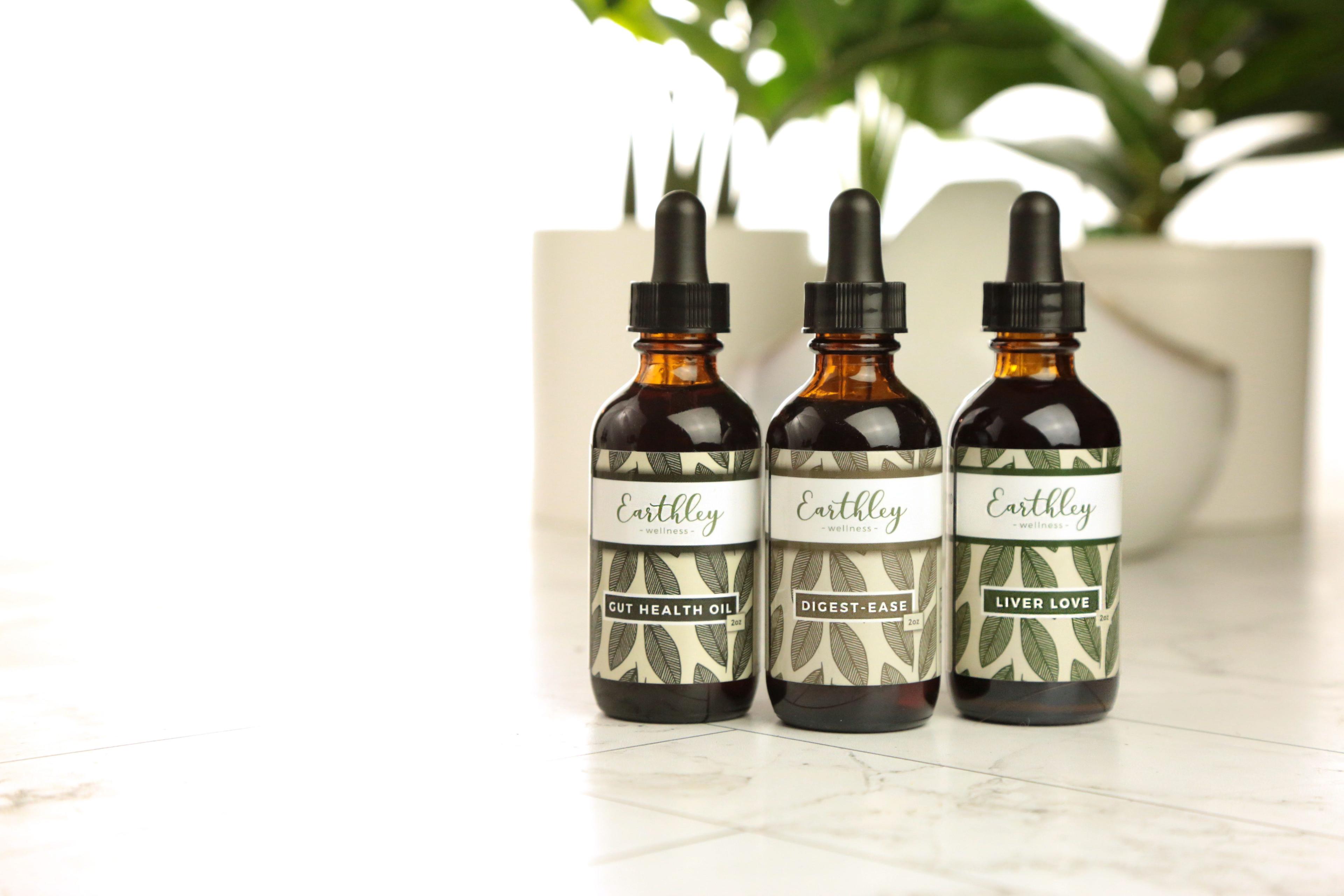

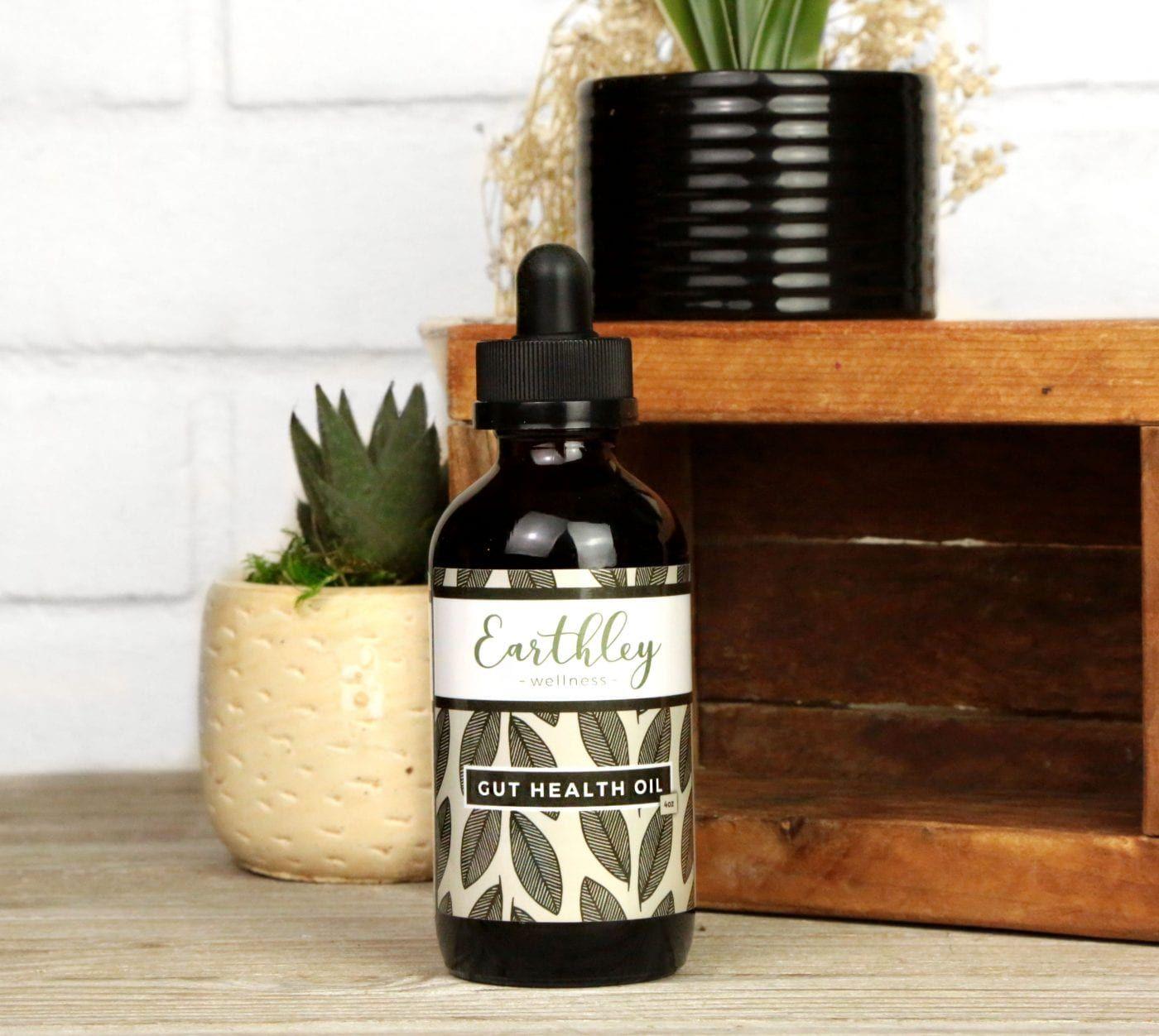
Supports digestive health and helps maintain a balanced microbial environment. Supports oral hygiene.
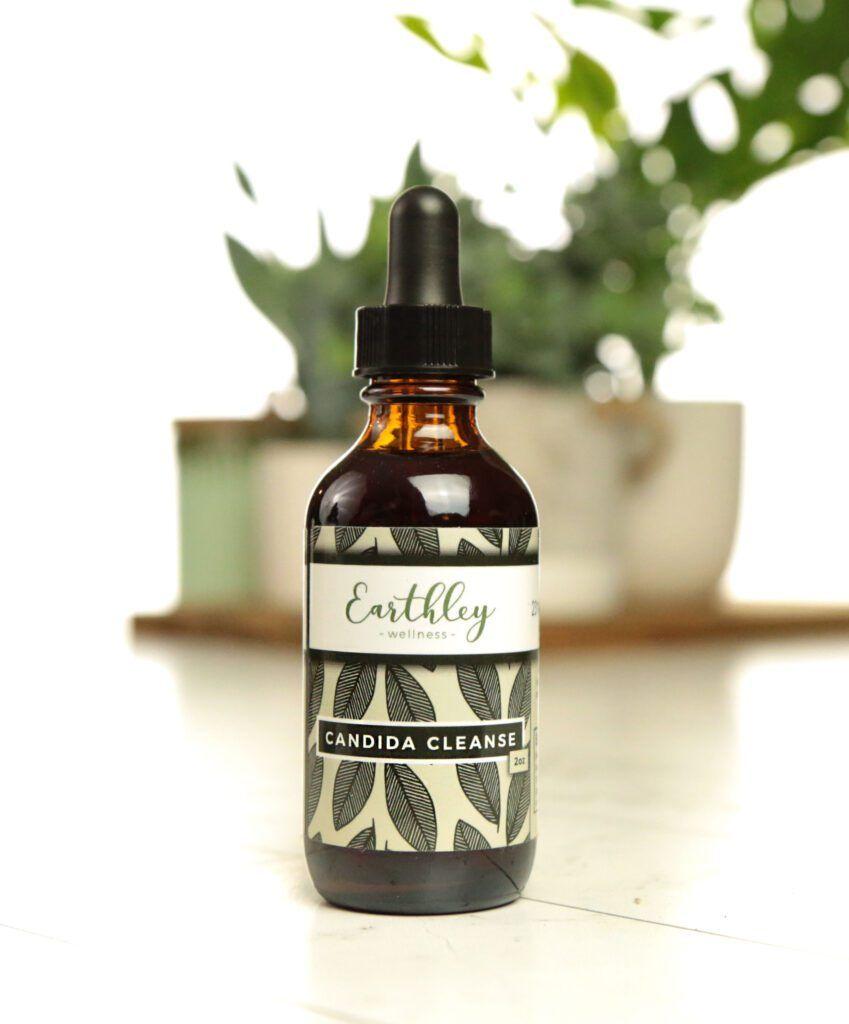
To support a healthy gut microbiome

To support healthy liver function
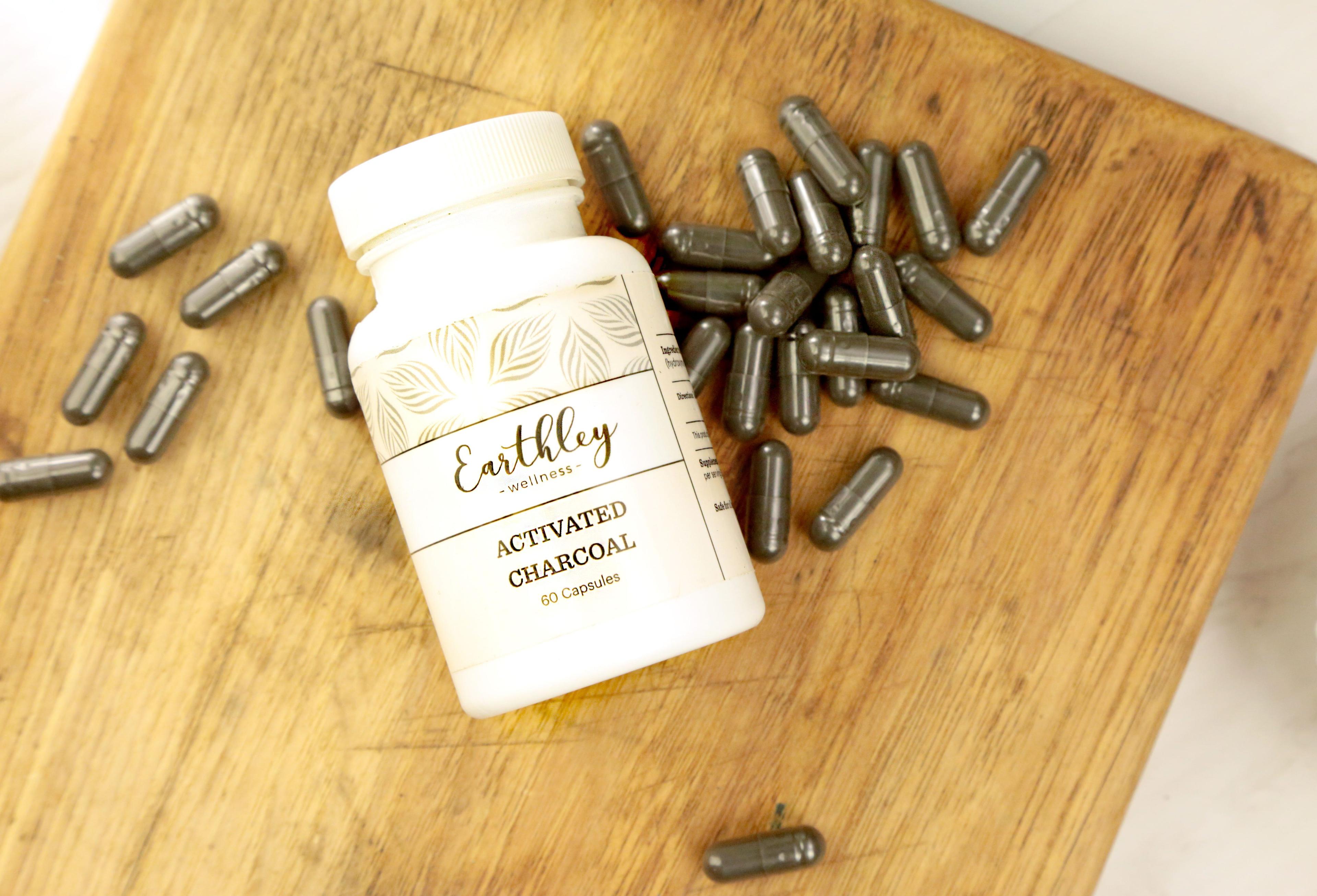
Natural detoxification support
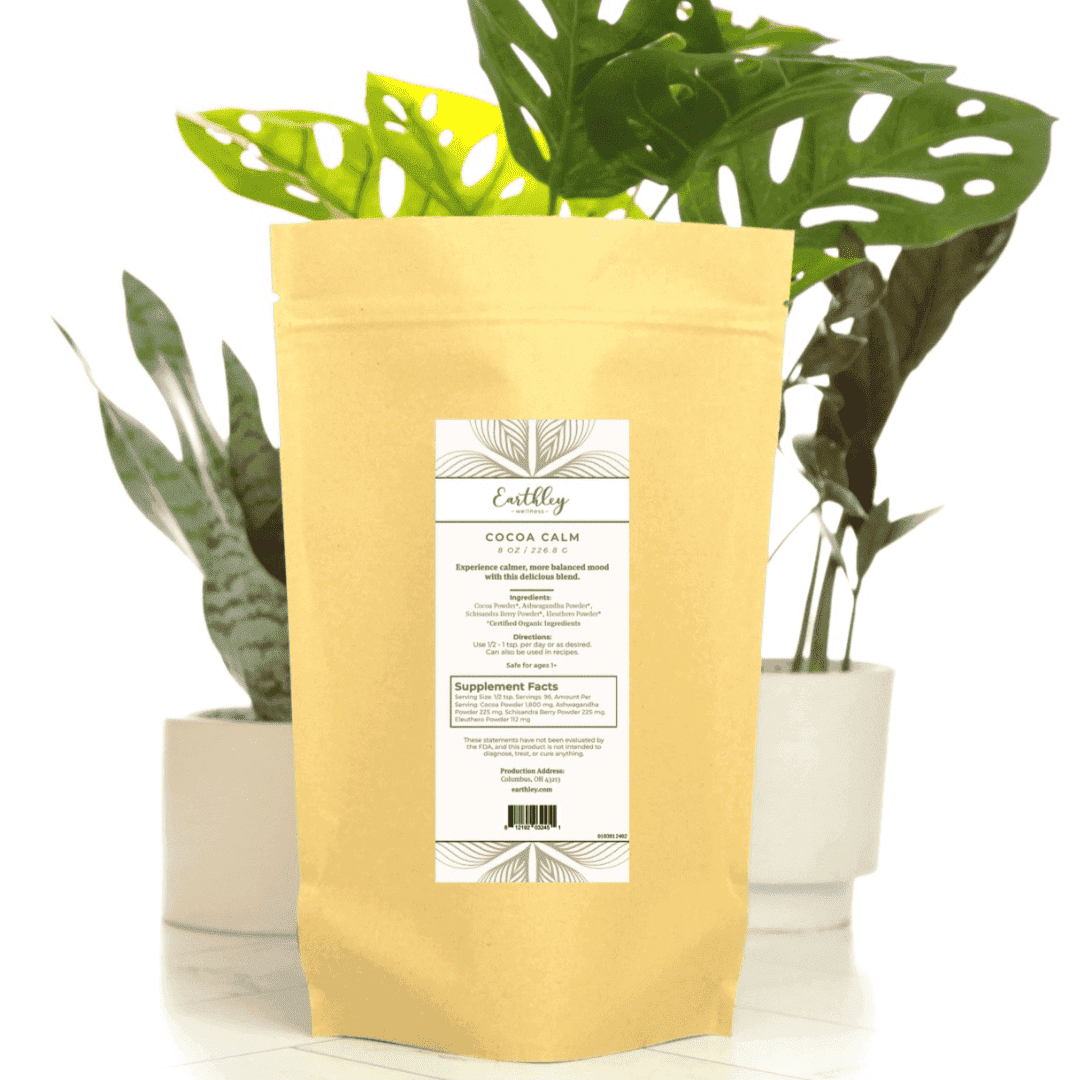
Experience calmer, more balanced mood with this delicious blend
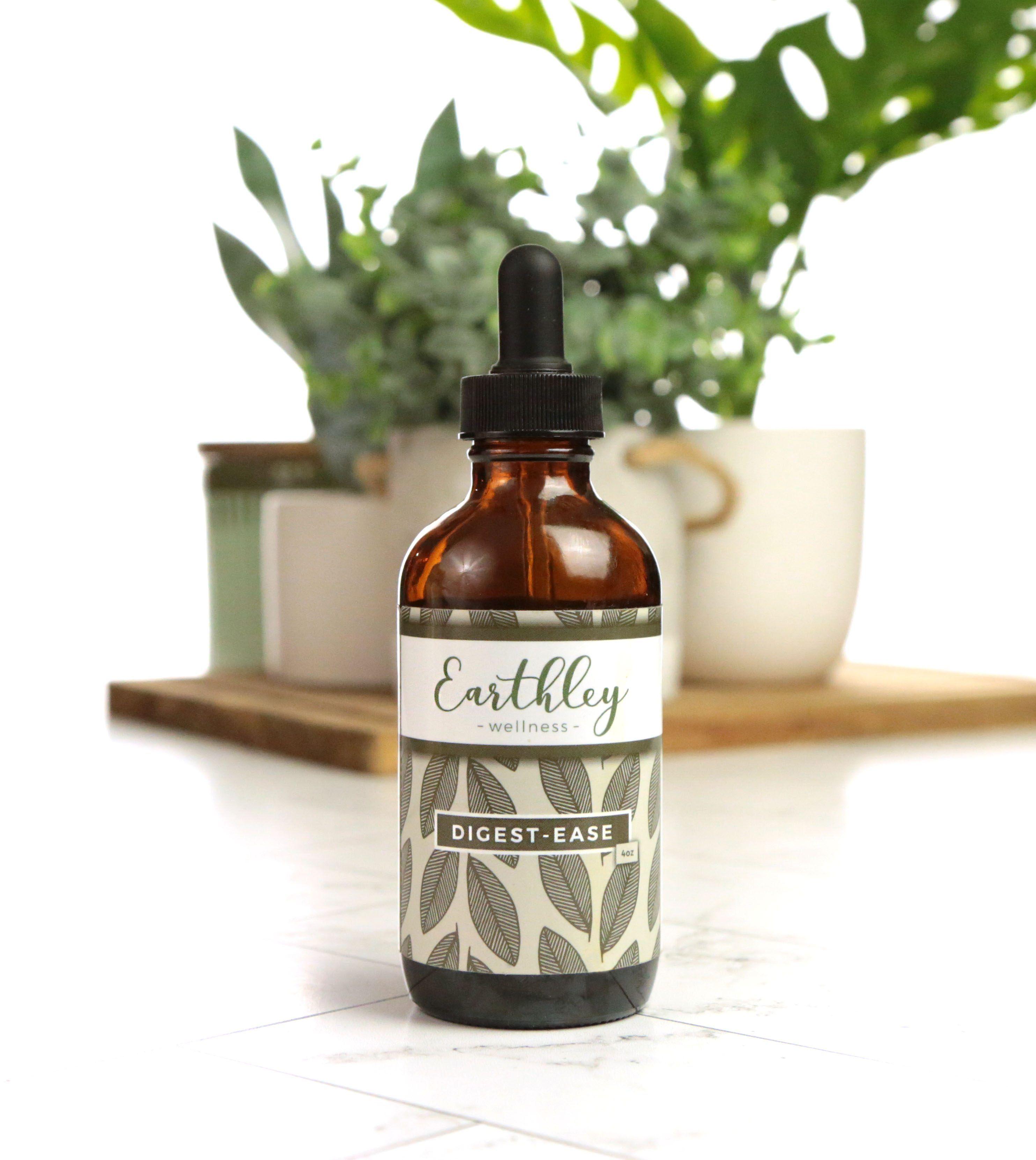
To promote gut health
